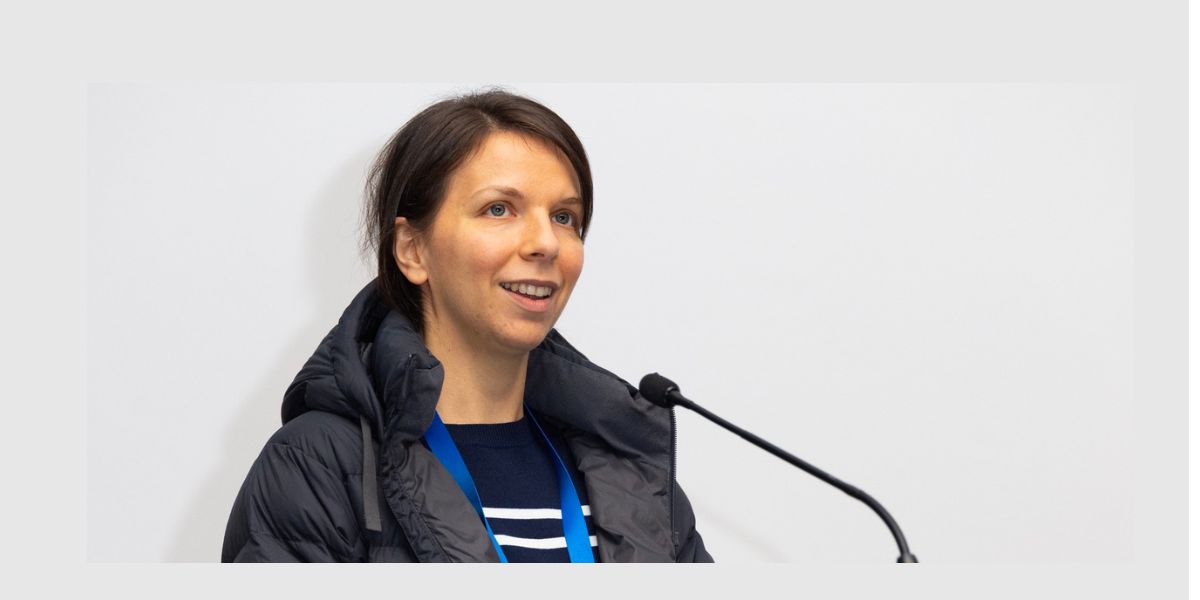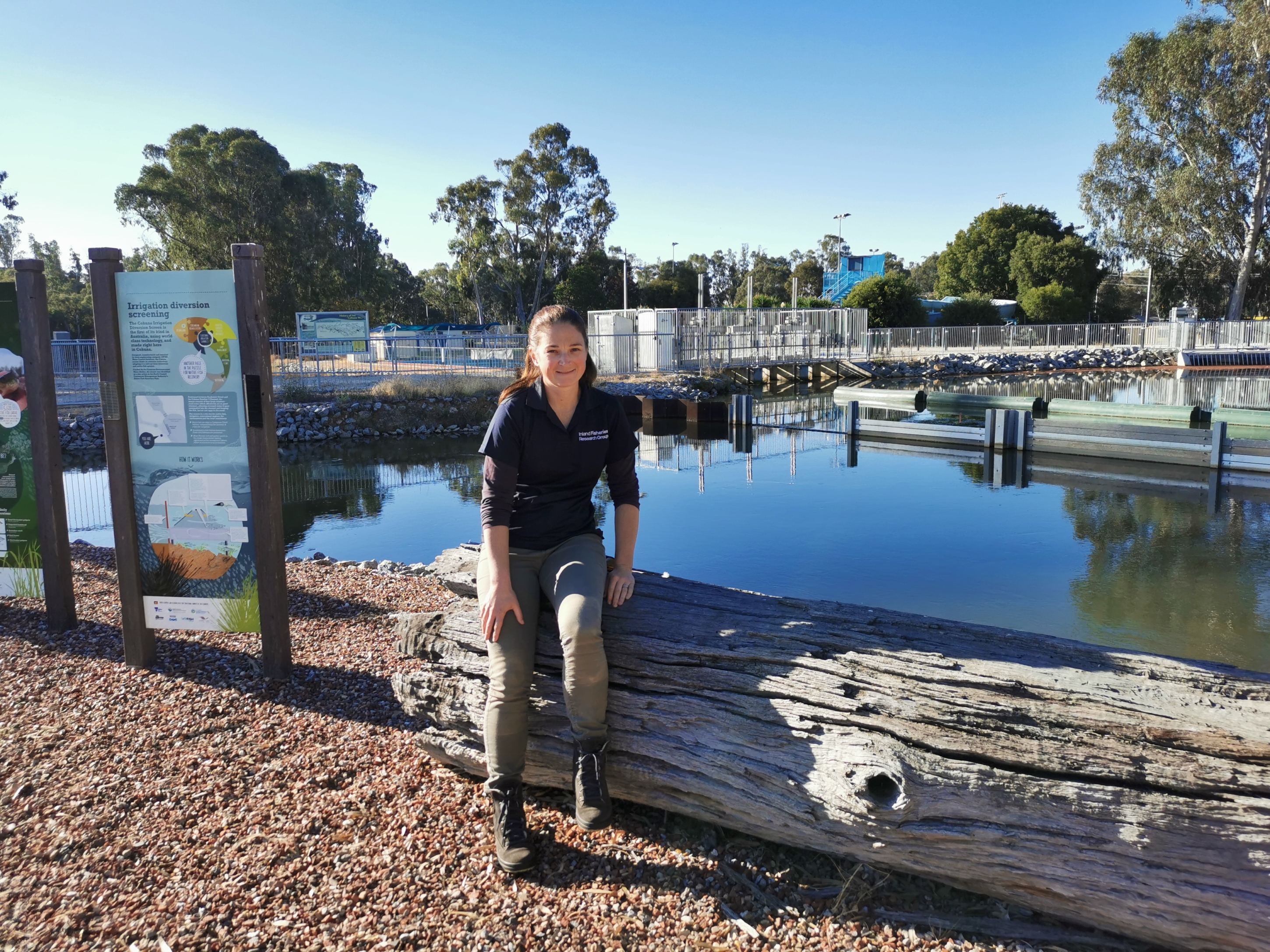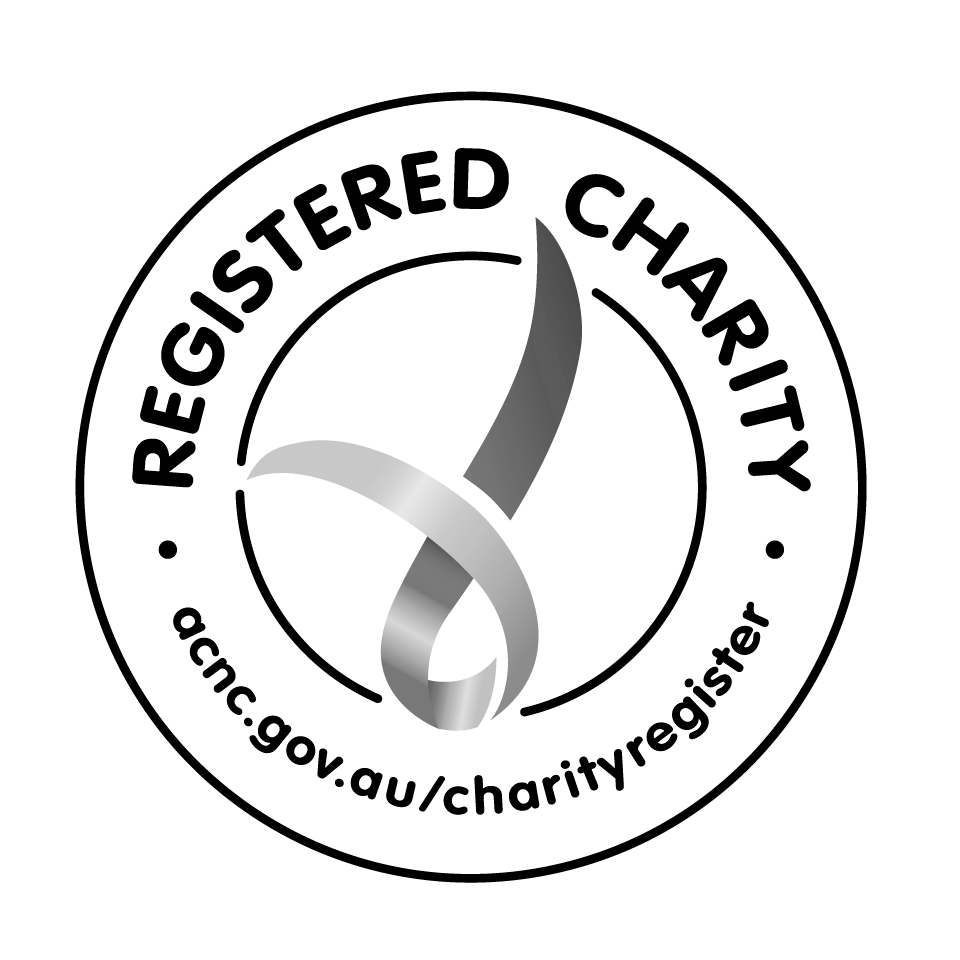There is no aspect of our lives that is not materially impacted by public policy. Be it climate change, housing affordability and access to education and healthcare, or more discretely personal matters around how we choose to live, work or even die, public policy shapes every facet of our economic, social and environmental wellbeing.
When we think about changes to public policy, we often focus on the what – the subject or specific challenge and the intended outcome(s). Less frequently, perhaps, do we consider the how of public policy – the processes involved in crafting or enacting policy in order to achieve those desired effects. The latter is how we think about and design public policy: what sort of policy advice Ministers need; how that advice is formed and informed; when stakeholders are engaged and consulted; what enablers are needed for decisions to be taken up and implemented; and which criteria are utilised for monitoring and evaluation purposes.
Without robust policymaking capabilities, our governments cannot deliver robust public policy systems and outcomes. Uplifting policy capability is therefore critical for ensuring effective, evidence-based and innovative policymaking. As Jacqui Curtis, Head of HR Profession Stream at the Australian Public Service Commission, recently noted, “there are extraordinary opportunities within the public service to expand capability, however we need to be more targeted to build capability where it is needed and for the right types of roles.”
Addressing public service capabilities is not a new concept. Indeed, there are numerous organisations working in this space, both in Australia and globally, some more theoretical in nature and others more practitioner-centred but all contributing to the uplift of policy capabilities. However, as Sally Washington of the Australia and New Zealand School of Government (ANZSOG) argues, “most organisations and jurisdictions adopt a piecemeal approach. They focus on a piece of the policy problem rather than taking a system-wide view of how the pieces fit together.”
There is significant momentum behind doing even more in this area, with an acknowledgement that the sort of policy issues our governments are trying to address have become ever more intricate, interconnected, and interdependent. As a recent report from the NSW Government observed, “the operating environment for governments is increasingly characterised by volatility, uncertainty, complexity, and ambiguity. Policy and service system challenges are increasingly ‘wicked’, with no one obvious source or solution”. Exacerbating this issue is the highly reactive and constrained environments in which policy advisors now operate.
In response to these challenges, the James Martin Institute established JMI Futures, a dedicated portfolio focused on building the strategic policy capabilities of our government and university partners through targeted, structured practitioner-led programs. We have recently started a detailed mapping, survey and cross-sector engagement exercise to identify areas when JMI Futures can develop and deliver targeted programs that complement existing offerings in the sector, rather than duplicate the work that is already successfully being done. Some compelling initial insights have emerged:
- 56% of public servants surveyed say they, or their team, had current skills and capability gaps within their immediate workgroup.
- 47% indicated that they did not feel that they had sufficient opportunities to learn informally from peers in government through networking and learning events.
- Only approximately 10% of those surveyed had formal learning opportunities in respect of data analytics/visual skills, and only 42% had learning opportunities around policy development and implementation.
- While policy practitioners are eager to engage with expertise, 56% of survey respondents consider there to be a gap in their ability to connect with relevant expertise at the right time in the policymaking process.
- Respondents felt that foresight was one of the most central capabilities for contemporary policymakers, alongside systems thinking; human-centered design; interdisciplinarity, collaboration and co-design; efficient and ethical application of new technologies; and data literacy and protection.
It is clear that more can be done, not only to bridge the divide between policymakers and experts, but also to create opportunities for them to learn alongside each other. As an Australian Public Service Reform report acknowledges, “genuine partnership and engagement with [… academia] will help us develop policies and services that reflect the needs and aspirations of the people they affect.” If we are to genuinely rebuild policymaking capabilities, we must work harder to connect the deep knowledge base of our publicly-funded universities with our government colleagues, who are both the stewards of public resources and at the coalface of policy practice. In doing so, we can harness the deep knowledge bases that exist within our universities, bring quality evidence, diverse perspectives and community engagement closer to policy design and evaluation, harnessing existing public investment to drive more cost-effective solutions and build public trust.
Jane Reynaud is the Executive Director, JMI Futures at the James Martin Institute for Public Policy.
More stories
Protecting against ‘fake news’: A UTS researcher’s experience in informing government’s approach to misinformation
19 November 2024
Meet the UNSW researcher advising policymakers on early intervention to improve children’s mental health
29 July 2024
Charles Sturt University researcher informing policy to protect biodiversity
13 May 2024





